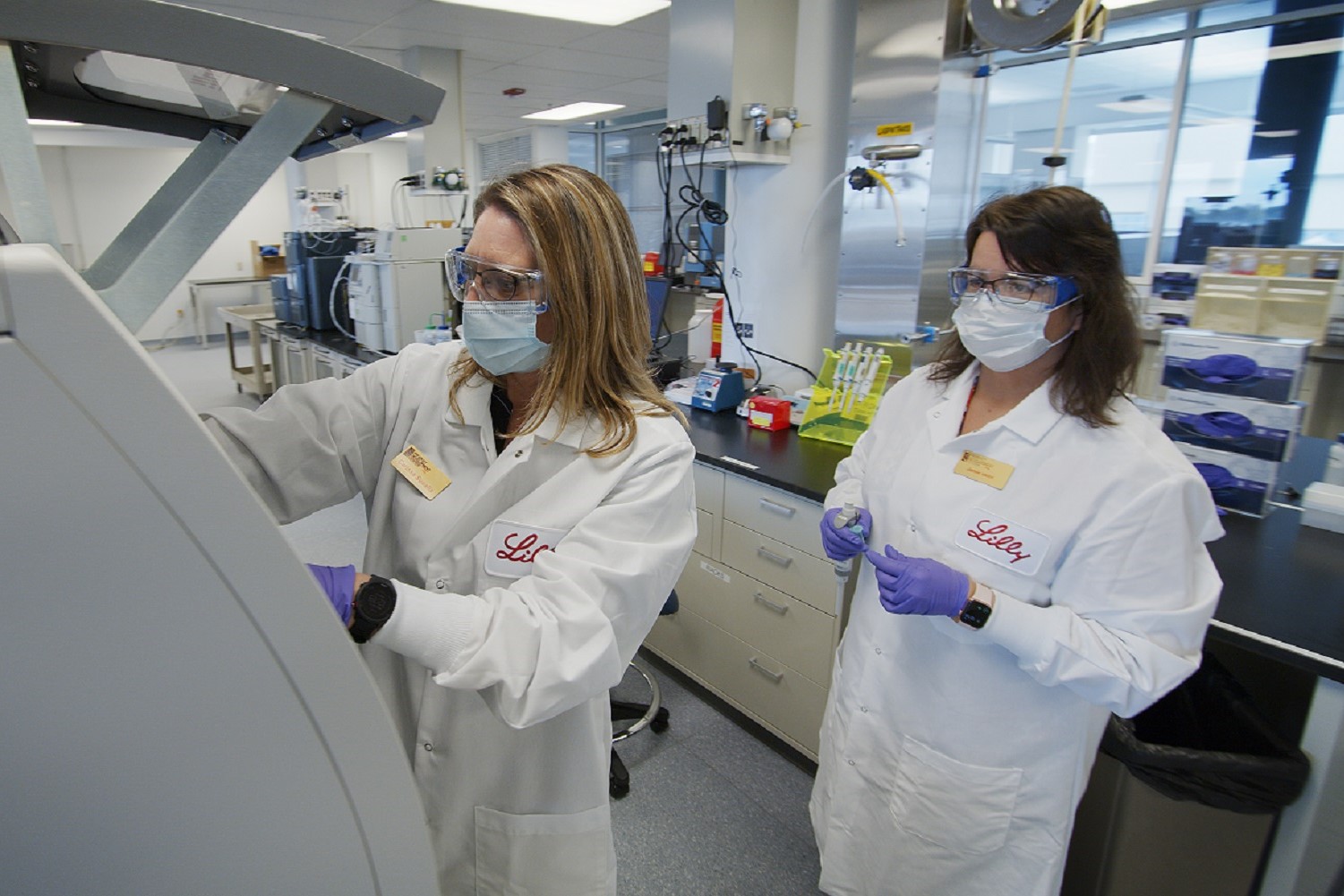We’ve all heard how financial stress can be seriously detrimental to emotional and physical well-being. The problem is it’s still very prevalent in today’s workforce.
A recent SHRM study exploring employee financial stress found that 61 percent of HR professionals considered their employees’ financial health to be no better than fair. Employees aged 25-34 experience the most financial stress.
In addition, 30 percent of people have left work due to a financial emergency.

With the Rise of AI, What IP Disputes in Healthcare Are Likely to Emerge?
Munck Wilson Mandala Partner Greg Howison shared his perspective on some of the legal ramifications around AI, IP, connected devices and the data they generate, in response to emailed questions.
It’s apparent that the high stress from financial burden leads to poor job satisfaction, resulting in complacency with low productivity or, worse, a complete burnout.
The solution? Land a position in a thriving industry with better pay and higher job satisfaction ratings.
The health IT industry is growing rapidly with the high demand for healthcare paired with tech-savvy Gen-Y professionals. In fact, the IT industry alone is projected to grow 15 percent by 2022. While 73 percent of current industry professionals would recommend a career in health IT to others, according to our recent salary survey.
Instead of battling financial stress with the majority, consider these four reasons why working in the health IT field can help you avoid burnout from financial stress.
Substantial Pay
According to the salary survey, the mean salary for all health IT professionals is $89,879.43. In comparison, when looking at general IT support analysts, for example, the median salary is only $52,201. Surprisingly, health IT professionals with no experience are bringing in $54,237.98.
Not only that, but 30 percent of health IT professionals received an average bonus reaching just over $13,000 last year. You can see why 56 percent of health IT employees reported they experience satisfaction because of their job’s income potential.
The Right Health IT Job Matters
Who you work for and what you do also makes a big difference in health IT. Though the pay rate is high for the industry overall, if you’re looking for a satisfying career in health IT to avert financial burnout, consider striving for one of the higher paying options.
For example, the average salary of employees working for health IT consulting companies reaches $109,715.42. Health IT insurance company employees average at $93,162.50, while clinic employees stand at $66,842.50.
Your position within the field matters too. If you have a bachelor’s degree and two to four years of experience in the health IT field, you could become a project manager making $111,648.73. Or, if you’re just starting out, you can become a systems analyst with zero to three years of experience making an average of $81,574.31 annually.
Room For Financial Growth
In the survey, 59 percent of health IT employees reported high satisfaction because of the ability to advance their career.
In fact, professionals who are just starting out my make $70,158.65 with less than two years of experience, but health IT professionals with 20 years make $145,133.33 on average.
Additionally, you can boost your salary by obtaining a certification. Some popular certifications include the CompTIA Healthcare IT Technician certification or the Registered Health Information Administrator (RHIA) certification. Health IT professionals with certifications like these make $95,689.02, whereas others without make an average of $82,367.48.
High Job Satisfaction
A recent Hindawi study proved that low job satisfaction is a main cause of burnout among workers in the ICU. Researchers found that emotional exhaustion and depersonalization occurred more among nurses who were not satisfied with their jobs.
Good news for health IT workers: our salary survey reported an overwhelming 80 percent of health IT employees report they are satisfied with their jobs. The biggest contributing factor to this satisfaction is the ability to learn new skills.
Other factors that drive this satisfaction were flexibility, advancements, and income potential. However, 52 percent of employees are happy simply because they get to do what they are best at every day.
With abundant financial and growth opportunities, it’s no wonder more people are checking out the health IT industry. In today’s workforce, the increased stability of the profession, paired with mitigating the stress that comes from not making enough money, and high job satisfaction, aspiring health IT professionals won’t have to worry about burning out anytime soon.
What are some other ways the health IT industry cuts down on burnout from financial stress in today’s workforce? If you work in health IT, what drives your job satisfaction?
[Photo from Flickr user Joriel “Joz” Jimenez]
Tim Cannon is the vice president of product management and marketing at HealthITJobs.com, the largest free job search resource connecting busy health IT professionals with relevant opportunities in the health IT field with minimal effort. He is a 20-year veteran of internet marketing with technical expertise and a focus in search engine marketing, mobile applications & web analytics.














